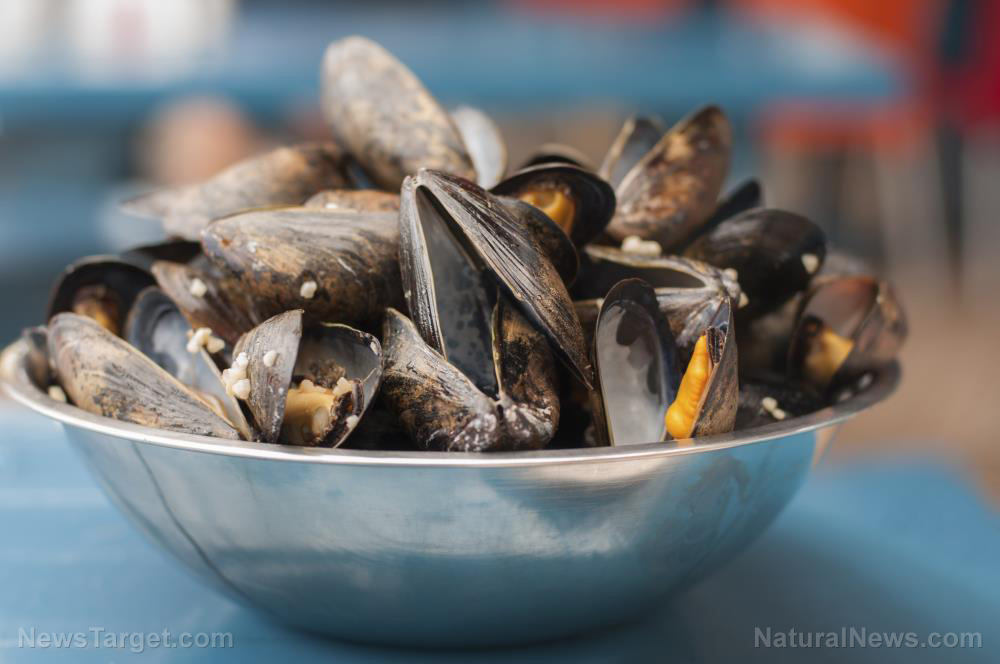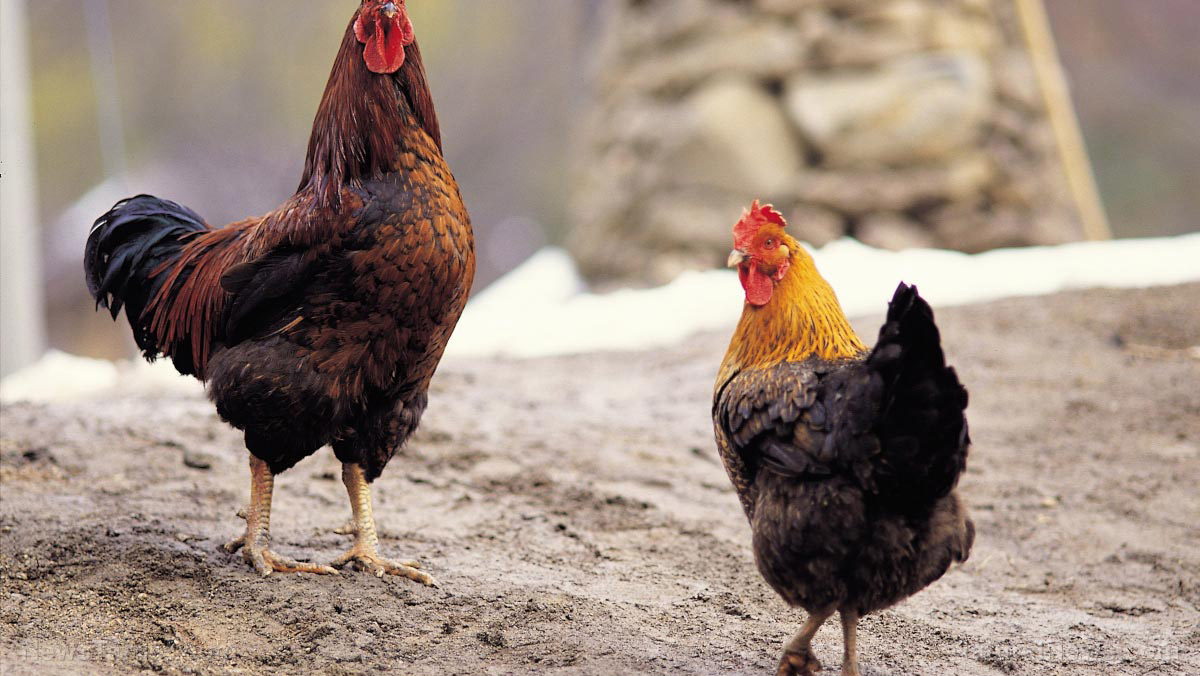
But the secret behind nacre’s strength has largely remained a mystery -- that is, until now.
While it is widely known that nacre owes its properties, such as strength and hardness, to its components -- microscopic aragonite bricks and an organic mortar, according to a team of researchers from the University of Michigan (U-M) and geochemists from Australia's Macquarie University, -- what makes the material structurally resilient is the behavior of said materials.
The researchers published their findings in the journal Nature Communications.
Materials in nacre become stronger under pressure
To explore the properties of nacre, the research team used tiny piezo-electric micro-indenters to exert force on shells of Pinna nobilis -- more commonly known as the noble pen shell -- while these were under an electron microscope.
What they found was that the "bricks" in nacre are actually multi-sided “tablets” only a few hundred nanometers in size. These tablets normally remain separate, arranged in layers and cushioned by a thin layer of organic "mortar." But when stress is applied to the shells, the "mortar" squishes aside, allowing the tablets to lock together and form what is essentially a solid surface. When the stress is removed, the structure springs back to its normal state, without losing any of its strength or resilience.
The researchers explained that this resilience is what sets nacre apart from even the most advanced human-designed materials. They explained that while materials such as plastics can spring back from an impact, it is inevitable that they lose some of their strength every time it happens. Nacre, on the other hand, loses none of its resilience in repeated impacts even at rates of up to 80 percent of its yield strength. (Related: Seashell-inspired shatterproof glass: Researchers engineer strong composite glass based on mother of pearl that can resist impact.)
What's more, the researchers said that if a crack does form, the nacre simply confines the crack to a single layer rather than allowing it to spread. This mechanism is what helps keep the shell's structure intact.
Nacre study could lead to development of stronger nano-engineered materials
According to lead researcher Robert Hovden, an assistant professor of materials science and engineering at U-M, humans could learn from how mollusks create nacre – fabricating individual molecules of calcium carbonate, arranging them into nano-layered sheets and gluing them together with organic material – to create nano-engineered composite surfaces that could be dramatically lighter and stronger than those available today.
These composites, as noted by the research team in their study, could lead to a new generation of ultra-strong synthetic materials for structures, surgical implants and countless other applications.
"Nature is handing us these highly optimized structures with millions of years of evolution behind them. We could never run enough computer simulations to come up with these--they're just there for us to discover," Hovden said.
The researchers stressed that while humans have proven to be very capable at making tough materials, we still have not achieved full efficiency when it comes to nano-engineering. But according to Hovden, the findings in their paper could potentially change all of that, which could lead to the creation of better and more sustainable materials.
For more stories about advancements in science, visit Science.news.
Sources include:
Please contact us for more information.























